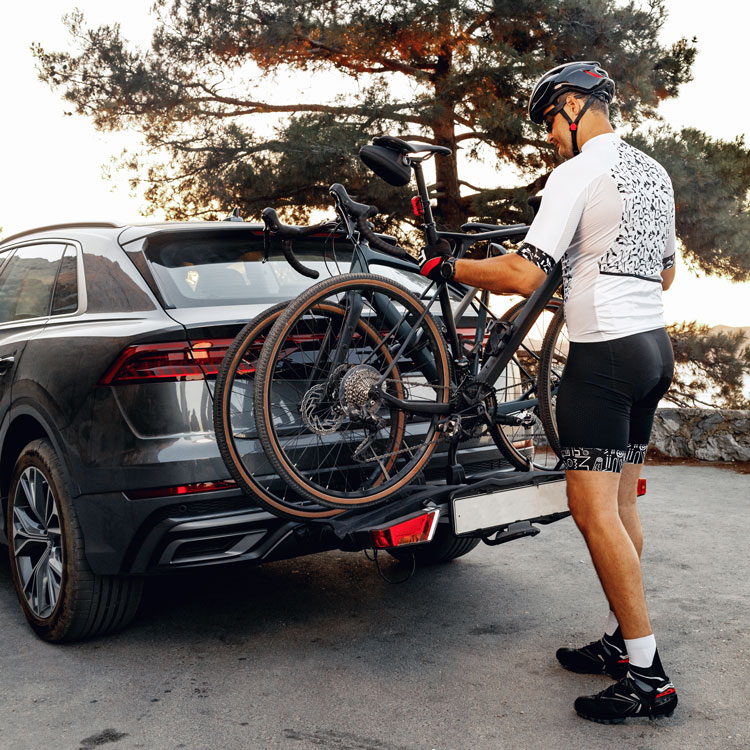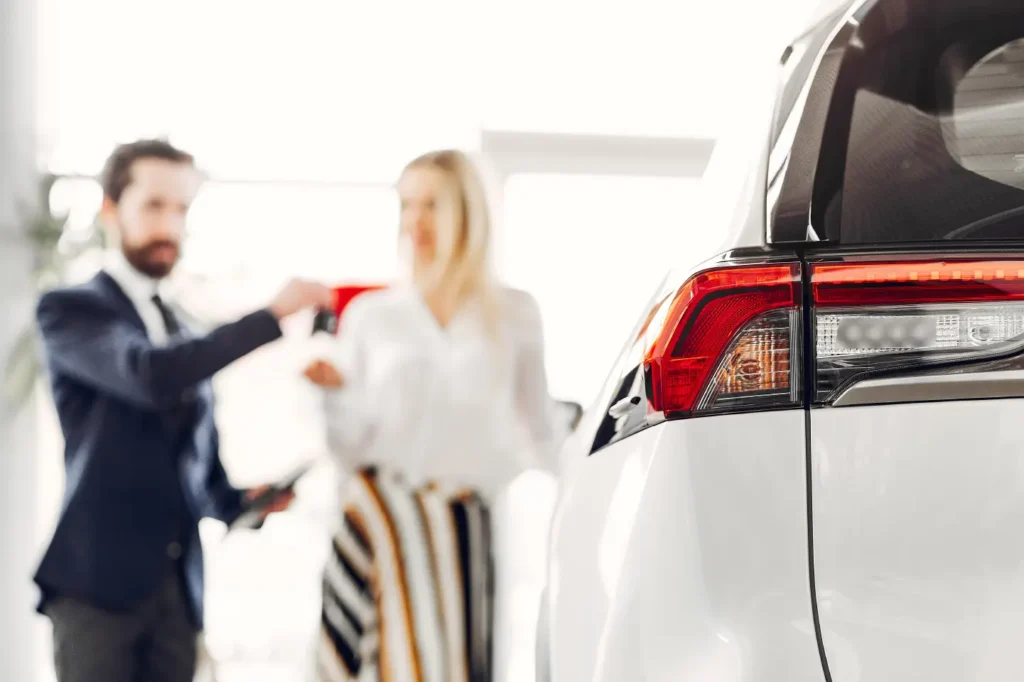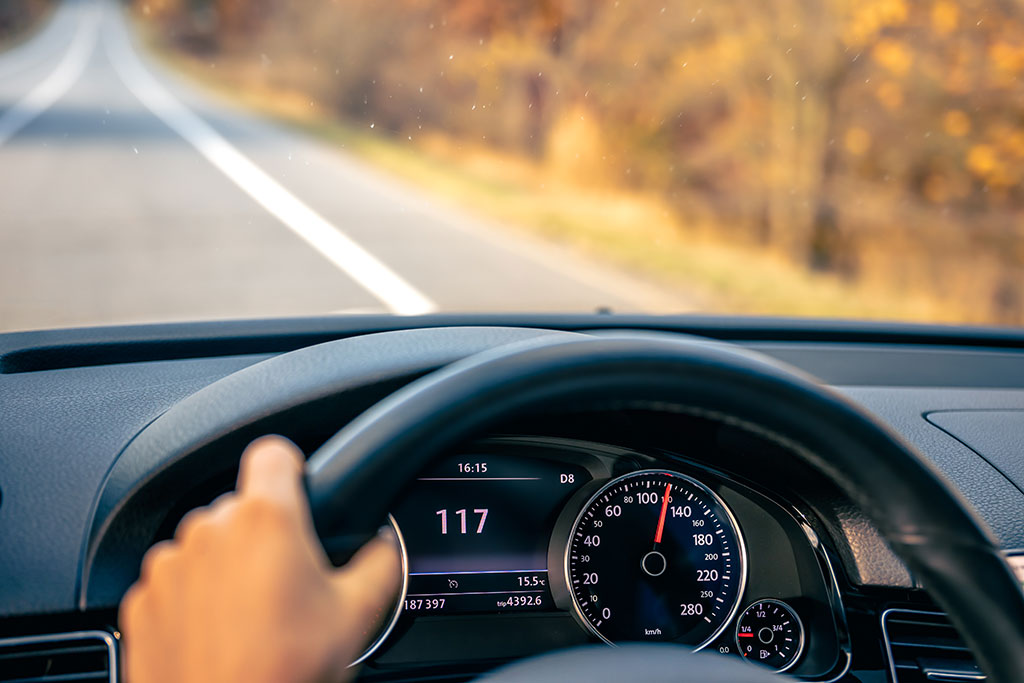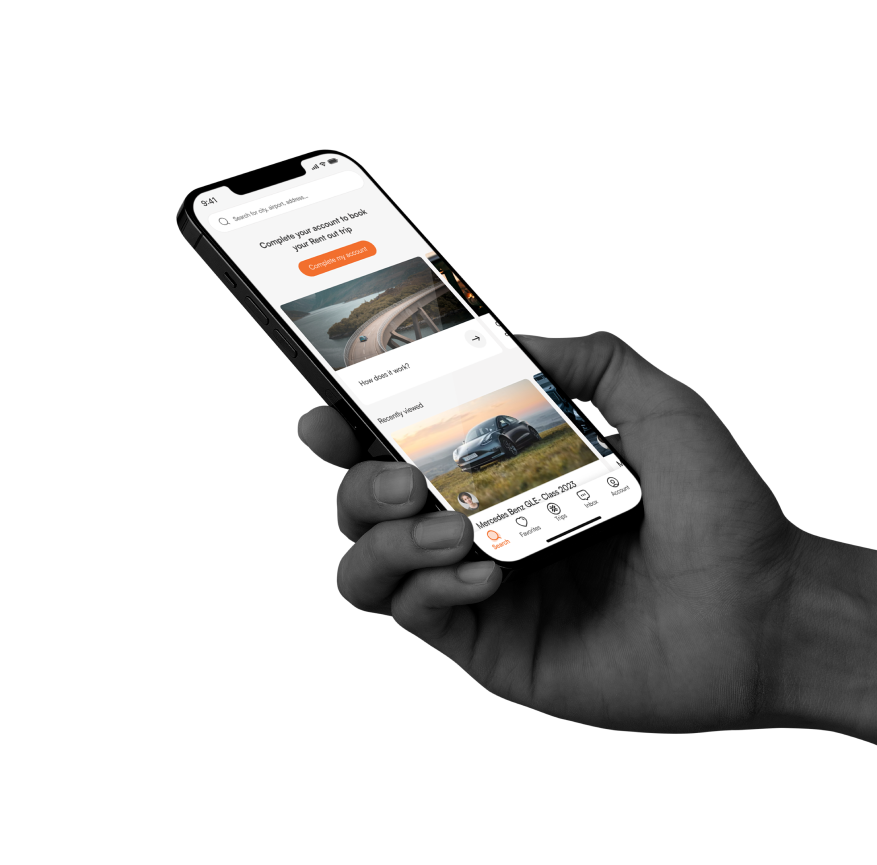The barrage of trend headlines about young people refusing to drive should not be taken seriously. Decades of autocentric growth are too strong for the desires of individual generations.
Is there a younger generation that can free our traffic-choked cities? Many people have been asking themselves this question lately.
A headline in The Economist in February declared, “The young are falling out of love with cars throughout the rich world.” A different recent story in the New York Post stated that, compared to 40% in 1997, only 25% of 16-year-old Americans held a driver’s license in 2020. Zoomers are eschewing driver’s licenses and vehicles, according to the Washington Post. “Is it going to last?”

Although many urban planners, proponents of mobility, and some journalists harbor hopeful thoughts, generational preferences are powerless against decades of autocentric development that almost compels the majority of US citizens to drive, even if they would prefer not to. Teenagers’ decreased usage of cars may really be the result of cost issues rather than a lack of desire, which would have serious ramifications for fairness.The challenging task of creating areas without vehicles must be undertaken if society is to be freed from its dependence on them. In order to do that, more people must live in dense areas and make investments in bike lanes and transportation, which provide them genuine mobility options. Although generational transitions may be advantageous, today’s car-averse adolescents will become tomorrow’s everyday drivers unless significant legislative changes are made.
It’s possible that Millennials, the generation that came before Gen Z, taught us this lesson. Their seeming indifference to vehicles sparked comparable media excitement ten years ago. At that time, a far larger percentage of Americans under 30 did not possess a driver’s license than in prior decades, creating the intriguing prospect that the US had hit “peak car.”
A 2014 New Republic headline said, “The proportion of young Americans who drive has plummeted— and no one knows why.” In 2013, the Washington Post posed the question, “Why aren’t younger Americans driving anymore?” and offered several justifications, such as the growing expense of driving, the rise of social media, and the desire to live in multimodal cities. Reports at the time also mentioned the potentially liberating effects of the then-new ride-hailing applications and car-sharing services. A frank judgment was made in an editorial in USA Today, titled “Millennials reject car culture.”






